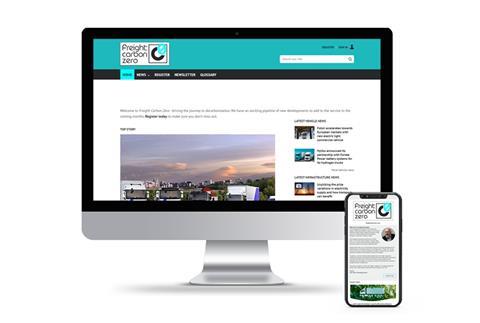- Home
- News
- Zero Carbon Vehicles
- Low Carbon Vehicles
- Vehicle Index
- Manufacturers
- Newsletter
- Podcasts
- About Us
REVAMP Research project aims to industrialise reprocessing of commercial vehicle batteries

The REVAMP project, which was recently launched, has set out to automate the process of assessing the condition of used vehicle batteries.
You have reached your limit of free news
Register for free today to read more content. Already registered? SIGN IN now
Want to read more?
Register for free now to access the full article.
Let us help you reach your carbon zero targets, sign up today and unlock:
- Unlimited access to breaking news, commentary and analysis around the decarbonisation of the road freight and commercial vehicle sector
- Continued access to the Freight Carbon Zero weekly newsletter, sent directly to your inbox









